Preventing Pet Poisonings

March is National Pet Poison Prevention Month, and to help the families in our community protect their furry friends from common pet toxins, the team at Brownswitch Pet Hospital has put together the following pointers.
Continue…Holiday Dangers for Pets

Easter will be here before we know it, and while you’re preparing for family gatherings, decorating the house, and shopping for Easter basket goodies, the team at Brownswitch Pet Hospital wants to remind you to keep the safety of your pets in mind.
Continue…The Importance of Proper Pet Socialization

If your terrier or tabby could talk, he would tell you that properly socialized pets are happier, more well-adjusted animals! Plus, you’ll rest easier knowing your pet is better equipped to adapt to new people, places, and other pets.
If you’re wondering how to socialize a dog or how to socialize a cat, our team at Brownswitch Pet Hospital has some tips to get you started. But before blending furry friends in a social gathering, make sure your pet is up to date on vaccinations and parasite prevention.
Continue…The Big Easy & Beyond: Winter Pet Activities in Louisiana

When people outside of Louisiana think of our climate, they may think only of weather extremes during Hurricane season. While we do receive our fair share of heat, rain, and wind, our little corner of the world is rarely seen as having “winter weather.” That doesn’t stop people and their pets from hunkering down at home until, say, March or April. It doesn’t have to be like that at all. In fact, with our list of winter pet activities in Louisiana, you and your pet can get out and about to some incredible local destinations.
Continue…Reasons to Spay and Neuter Pets
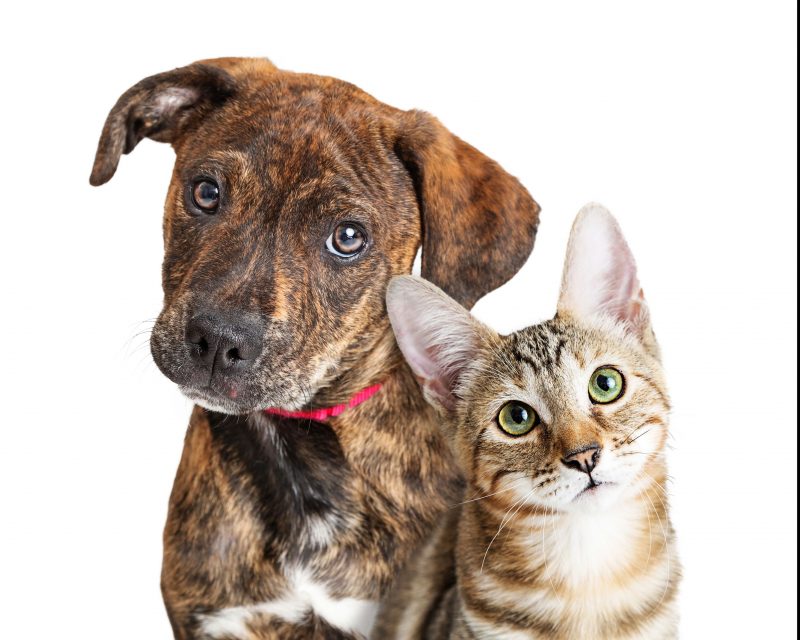
Puppies and kittens are cute, and no one at Brownswitch Pet Hospital is going to argue that point with you. Why then, do we counsel most pet owners to spay and neuter their adorable animals? Spay and neuter is a major part of responsible pet ownership and there are several compelling reasons to do so for your pet.
Continue…Why Pet Wellness Exams Are So Important
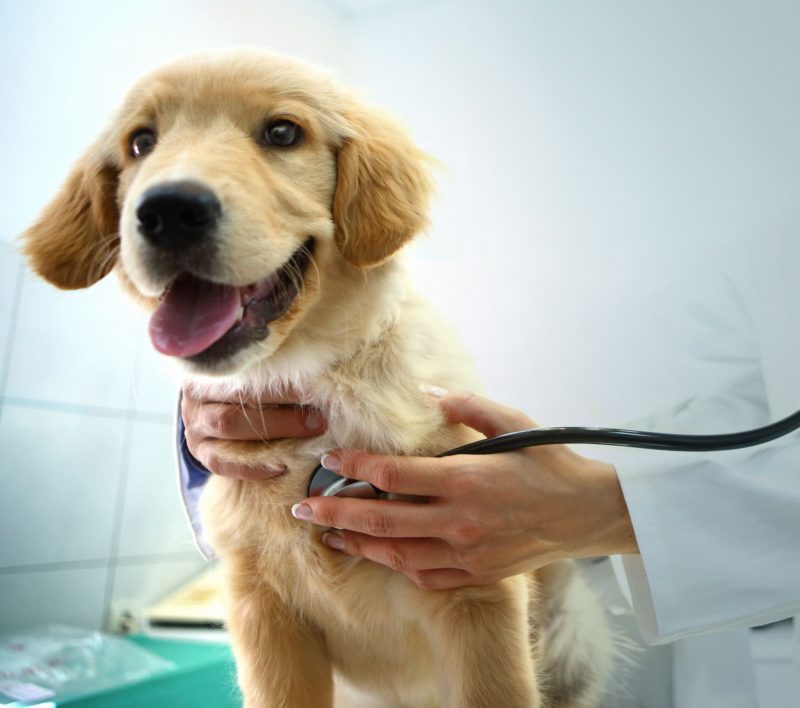
Everyday you do things that support your pet’s health and happiness. From selecting the best dog food to picking out the perfect squeaky toy, your activity in your pet’s life matters.
Brownswitch Pet Hospital feels strongly that your involvement in pet preventive care is huge as well. Regular pet wellness exams are essential for long and healthy lives for our four-legged family, and we would like to share why.
Continue…What Should I Feed My Pet?
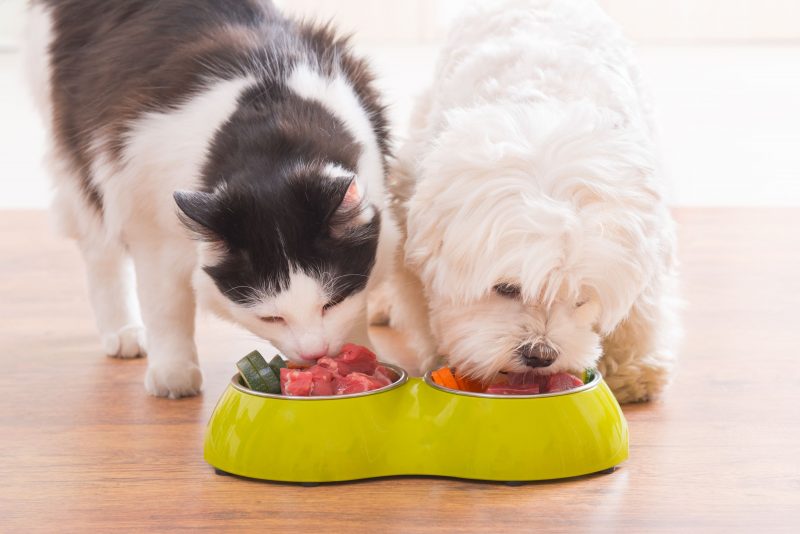
Walking down the pet food aisle or watching commercials aimed at pet owners can make it really difficult to figure out how to feed your furry friend. Everyone seems to have a different opinion when it comes to the best pet diets, but how do you find your way through the noise and choose the best nutritional options for your pets? Brownswitch Pet Hospital has some helpful tips:
Continue…Common Allergies in Dogs and Cats and How to Treat Them
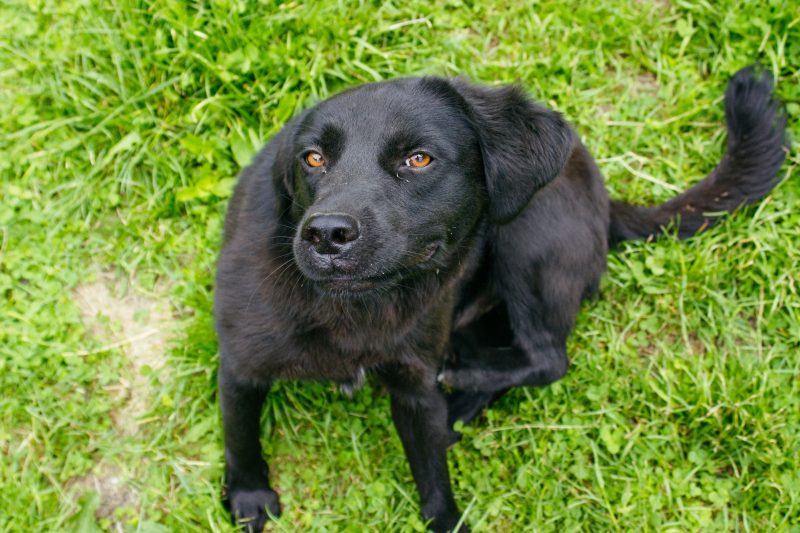
If your pet’s days are punctuated by bouts of sneezing or scratching, he might be suffering from allergies. At Brownswitch Pet Hospital, we take allergies and dermatology seriously, and we will do all we can to pinpoint the culprit that’s pestering your pet and alleviate that nasty itch!
Continue…Why Should I Microchip My Pet?
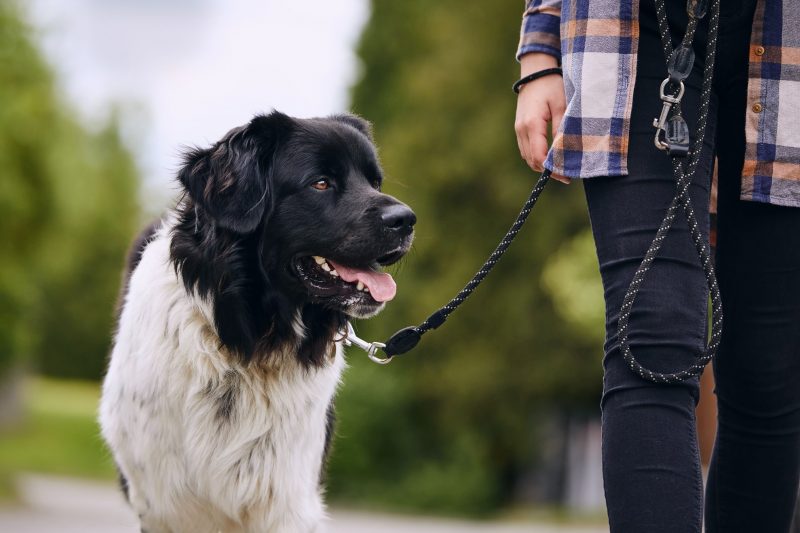
At Brownswitch Pet Hospital, we like to include microchipping as part of one of your first wellness visits with us to ensure you and your pet can stay happily together. Many of our patients have asked “why should I microchip my pet,” and we wanted to give you some more information about the benefits of this procedure for you and your furry friends.
Continue…Why do I need to give heartworm preventative to my dog?
Heartworms are a deadly parasite that are spread by mosquitoes. If there are mosquitoes living in your area (welcome to the south), then your pet is at risk of acquiring heartworms.
Dogs are the normal host for heartworms, though some cats and ferrets can also be infected.
Heartworms are spaghetti size worms that live in the heart of animals infected with heartworms. These worms eventually cause heart and lung damage that leads to death. The worms will produce small babies (called microfilaria), that circulate throughout the dogs bloodstream. When a mosquito bites a dog with heartworms, it will suck up blood along with the baby heartworms. When the mosquito bites a second dog, the baby heartworms are transmitted into the second dog. These eventually end up in the heart where they start their damage. These worms will then start producing babies, and the process continues.
The treatment for heartworms is a 10-12 week process that consists of arsenic injections. This treatment can be both toxic and expensive.
What heartworm preventative does is that it destroys the baby heartworms before they can make it to the heart. We will start puppies on heartworm preventative at 7 weeks old and keep them on it for life. It is given year round in the south because we can have mosquitoes flying around at Christmas time.
There are many options for heartworm preventative, ranging from monthly oral to topical treatments. Dogs over 6 months old can also be given a multi-month injection.
